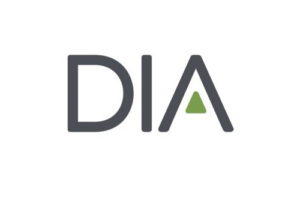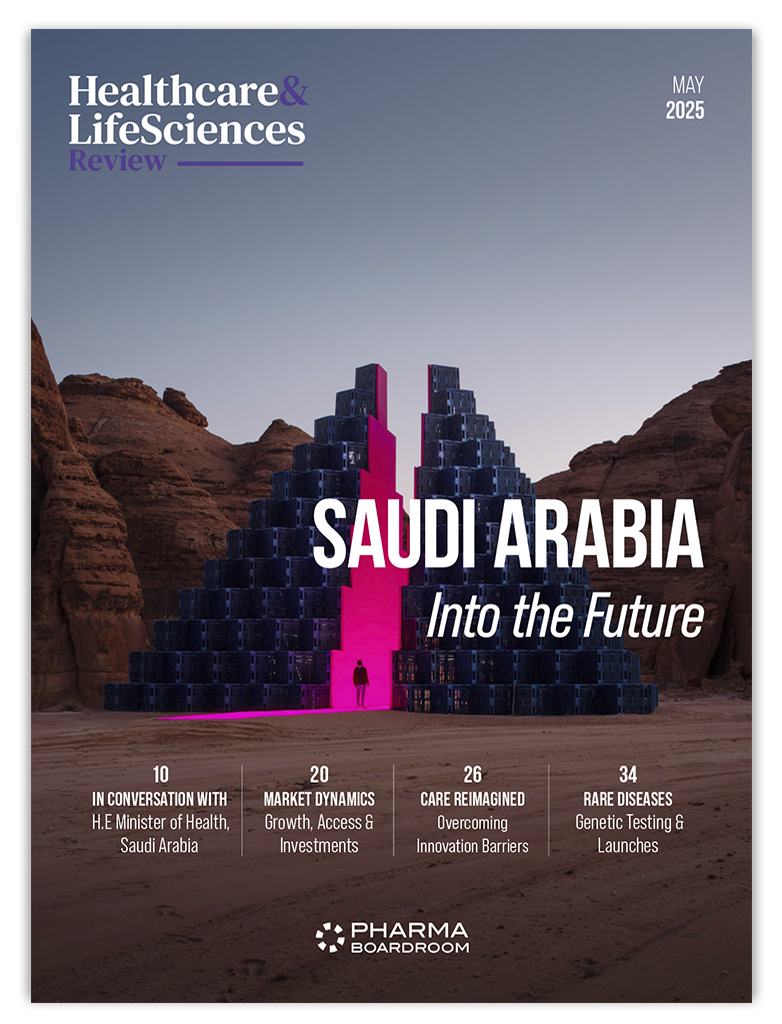AstraZeneca’s Anna Litsiou, Carolyn Hynes and Allison Guy, contributing to the September 2024 edition of DIA’s Global Forum magazine, discuss the importance of improving interactions between health technology assessment (HTA) bodies and regulatory authorities.
International Regulatory Collaborative Frameworks
Several national regulatory authorities (NRAs) are collaborating to make the regulatory review process more efficient through reliance and work-sharing pathways across international borders. The most commonly known international work-sharing partnerships are Project Orbis and the ACCESS Consortium.
Project Orbis
Established by FDA’s Oncology Center of Excellence (OCE), Project Orbis is a framework for concurrent submission and review of oncology products led by US FDA in collaboration with NRAs from Australia, Brazil, Canada, Israel, Singapore, Switzerland, and the UK. Japan’s PMDA and the EMA (European Medicines Agency) recently joined as observers.
Though the official Project Orbis review timelines are aligned with the established review timelines of the NRAs participating in the procedure, FDA has reported a reduction in time to approval for both the FDA and other participating Project Orbis NRAs.
To read the full article, visit the DIA Global Forum website



